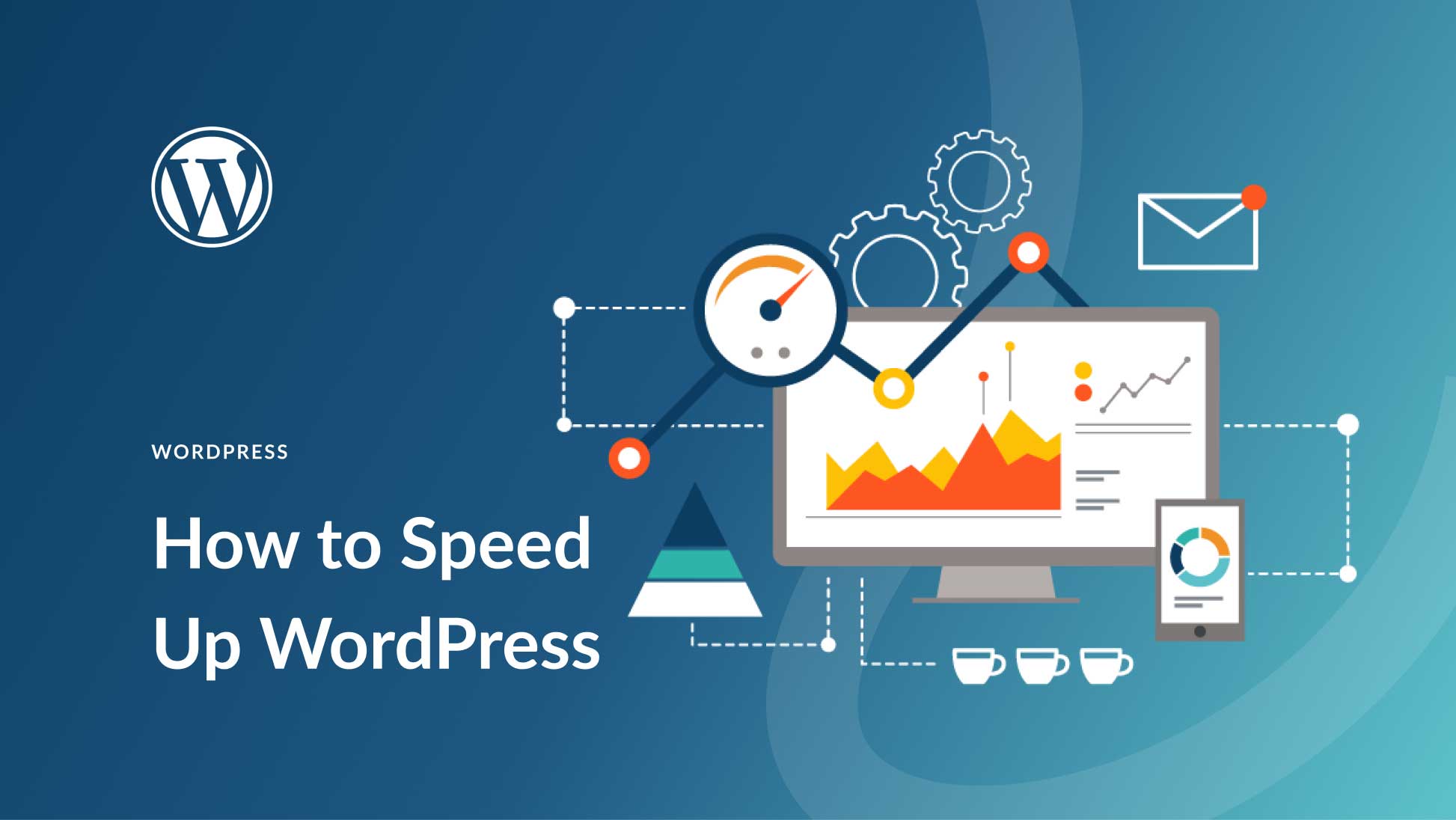How to Speed Up a WordPress Website
Having a slow website can negatively impact user experience, SEO rankings, and overall performance. In this article, we will discuss some tips and tricks to help you speed up your WordPress website and improve its loading times.
Choose a Good Hosting Provider
One of the most important factors that can affect your website speed is your hosting provider. Make sure you choose a reliable hosting provider that offers fast servers and good support. Consider using a managed WordPress hosting service for better performance.
Optimize Your Images
Large images can slow down your website significantly. Make sure to optimize your images before uploading them to your WordPress site. Use image compression tools or plugins to reduce file sizes without compromising quality.
Use a Lightweight Theme
Choose a lightweight and fast-loading theme for your WordPress website. Avoid using themes with too many built-in features and unnecessary elements. Opt for a simple and clean design that focuses on speed and performance.
Enable Caching
Install a caching plugin to improve website speed by storing static versions of your pages. This will help reduce server load and improve loading times for returning visitors. Popular caching plugins include W3 Total Cache and WP Super Cache.
Minify CSS and JavaScript
Minifying your CSS and JavaScript files can help reduce file sizes and improve website speed. Use plugins like Autoptimize or WP Super Minify to automatically minify and combine your files for better performance.
Optimize Your Database
Regularly optimize your WordPress database to remove unnecessary data and improve speed. Use plugins like WP-Optimize or WP Sweep to clean up your database and keep it running smoothly.
Reduce HTTP Requests
Reduce the number of HTTP requests on your website by minimizing the use of external scripts and unnecessary plugins. Combine CSS and JavaScript files where possible, and use a content delivery network (CDN) to serve static files from servers closer to your visitors.
Monitor and Test Your Website
Regularly monitor your website speed using tools like GTmetrix or Google PageSpeed Insights. Test different optimizations and track their impact on your website performance. Make adjustments as needed to further improve loading times.
Conclusion
By following these tips and tricks, you can speed up your WordPress website and enhance user experience. Remember that a fast-loading website is essential for attracting and retaining visitors, as well as improving your SEO rankings. Implement these optimizations today and see the difference they can make!
